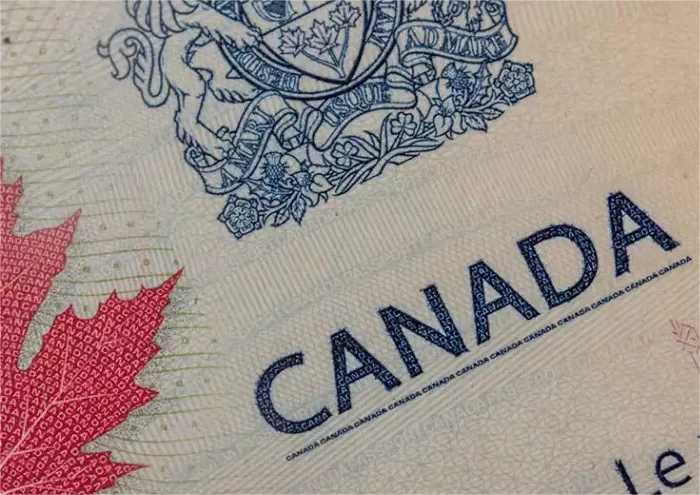Canada, renowned for its stunning landscapes, inclusive society, and high quality of life, has long been a dream destination for immigrants seeking a better future. With its welcoming immigration policies, the Great White North offers pathways to citizenship for those willing to call it home. However, the journey to Canadian citizenship is not without its hurdles, and one of the most common questions prospective citizens have is: How long does it take to become a Canadian citizen?
Understanding the Process
Before delving into the timelines, it’s essential to grasp the process of acquiring Canadian citizenship. Generally, there are two main routes to citizenship: through naturalization or by being born in Canada.
For those not born in Canada, the journey typically begins with obtaining permanent residency status. Once established as a permanent resident, individuals must meet certain residency requirements before they are eligible to apply for citizenship. These requirements typically include physically residing in Canada for a specified amount of time within a specific timeframe, demonstrating proficiency in English or French, and passing a citizenship test.
Factors Affecting Processing Times
Several factors can influence the time it takes to obtain Canadian citizenship:
Residency Requirement: One of the primary determinants of citizenship processing time is the duration of residency in Canada. To be eligible for citizenship, permanent residents must have physically resided in Canada for at least 1,095 days (three years) out of the five years preceding their application. However, time spent in Canada on a temporary basis (e.g., as a student or worker) does not count towards this requirement.
Application Backlog: The volume of citizenship applications received by Immigration, Refugees, and Citizenship Canada (IRCC) can impact processing times. During periods of high application intake, such as after changes to immigration policies or programs, processing times may increase as officials work through the backlog.
Completeness and Accuracy of Application: Submitting a complete and accurate citizenship application is crucial to avoiding delays. Incomplete applications or those with errors may be returned or require additional processing time to rectify.
Security and Criminality Checks: As part of the citizenship application process, individuals are subject to background checks to ensure they meet Canada’s security and criminality requirements. Delays may occur if further investigation is needed or if an applicant’s background raises concerns.
Citizenship Test and Language Proficiency: Applicants are required to demonstrate proficiency in English or French and pass a citizenship test assessing their knowledge of Canadian history, values, institutions, and symbols. Preparation for these components can vary in length, potentially affecting overall processing times.
Average Processing Times
While individual circumstances can vary widely, the Government of Canada provides estimated processing times for citizenship applications. As of May 2024, the average processing time for routine citizenship applications is approximately 12 months from the date of submission. However, it’s important to note that these processing times are subject to change and may vary based on the factors mentioned earlier.
Tips for Expediting the Process
While waiting for Canadian citizenship may require patience, there are steps individuals can take to expedite the process:
Submit a Complete Application: Ensure all required documents are included with your application and that the information provided is accurate and up to date. Double-checking your application before submission can help avoid unnecessary delays.
Meet Residency Requirements: Fulfilling the residency requirement is essential for citizenship eligibility. Keeping track of your time spent in Canada and ensuring you meet the minimum residency threshold can expedite the process.
Prepare for the Citizenship Test: Adequately preparing for the citizenship test can help you pass on your first attempt, avoiding delays caused by retesting. Utilize study materials provided by IRCC and consider taking practice tests to assess your knowledge.
Maintain Good Communication: Stay informed about the status of your application by regularly checking the IRCC website and monitoring any correspondence from immigration officials. Respond promptly to requests for additional information or documentation to prevent unnecessary delays.
Seek Professional Assistance: If navigating the citizenship application process feels overwhelming, consider seeking assistance from immigration consultants or lawyers specializing in Canadian immigration. These professionals can provide guidance and support to help streamline the process.
Conclusion
The journey to Canadian citizenship is a rewarding but often lengthy process. While the exact timeline can vary depending on individual circumstances and external factors, understanding the process and taking proactive steps can help expedite the journey. By meeting residency requirements, submitting a complete application, preparing for the citizenship test, and maintaining open communication with immigration officials, individuals can navigate the path to Canadian citizenship with greater ease and confidence. Remember, patience and perseverance are key virtues on this transformative journey towards becoming a proud Canadian citizen.


